What do you want to see on TechnicalIllustrators.org?
More inspirational technical illustrations? More interviews with the pros? More tutorials? We want to hear your voice!
Sound off in the comments or join the poll in our forum!
James Provost is a founding editor of Technical Illustrators.org as well as a freelance technical illustrator and editorial illustrator.
His client list includes Google, Microsoft, Wired, Popular Mechanics, Men's Health and more.
Say hello on Twitter @jamesprovost or Instagram.
What do you want to see on TechnicalIllustrators.org?
More inspirational technical illustrations? More interviews with the pros? More tutorials? We want to hear your voice!
Sound off in the comments or join the poll in our forum!
Huge thread of cutaways of various military aircraft and vehicles from Italian site Aerei Militari.
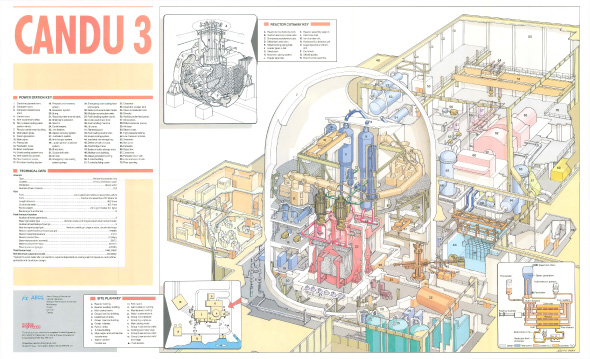
Candu 3 Nuclear Power Plant by John Way
Noah wrote in to share some cutaways of nuclear reactors found on the Wired Science blog. Apparently these posters were published by Nuclear Engineering International during the 1970s and 1980s. Illustrator John Way seems to be responsible for most of them, with one by Dick Ellis, and one uncredited.
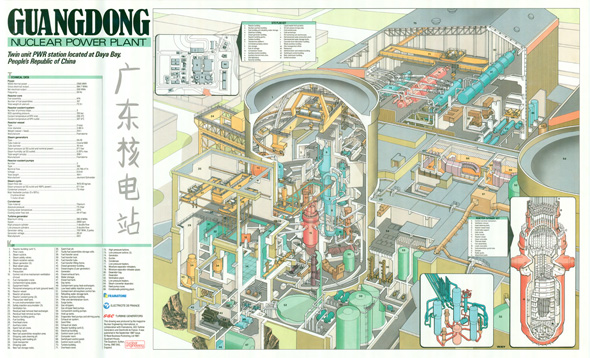
Guangdong Nuclear Power Plant by John Way
Click through to the U of NM link for very high resolution versions. Apparently there are about 100 posters waiting to be scanned so if you’re interested, keep an eye on that link!
Wired via BibliOdyssey via University of New Mexico. Thanks for sending this in, Noah!
We’re going to take a brief break for the holidays. We’ll resume posting on January 4, 2010.
Get the latest posts delivered to you by subscribing to our RSS Feed, here’s how it works.
Tell us about your background?
I live in Newton, which is just outside of Boston. I took art classes at Hofstra University but actually majored in English. After school I got interested in illustration and design while working at an ad agency, so I took a lot of classes at the School of Visual Arts in Manhattan. I started working as a graphic designer for high-tech companies about 15 years ago, and this allowed me to create technical illustration in-house and begin to build a portfolio. I decided to focus on illustration about five years ago and that’s the core part of my work now.
Are you a freelancer or in-house?
I freelance out of a home studio.
Software of choice?
I use Illustrator, Photoshop, and Luxology’s modo for 3d work.
Favorite clients/jobs?
Being an Air Force brat, I’ve enjoyed some military-themed projects for clients like Raytheon and Agility Logistics. I’ve also recently completed some projects in the renewable energy industry, which is very satisfying. Overall, clients that provide solid art direction but allow some freedom to create images that have marketing appeal are ideal.
Any advice for illustrators just starting out?
Always try to create your very best work. Of all the illustration disciplines, ours is perhaps the most demanding as far as accuracy is concerned, so be a perfectionist. Digital tools have allowed us to get lazy to some degree, so be methodical in your execution and scrutinize your work. The results will show for it.
When appropriate, use some creative license in how you approach a project to help it accomplish its communication goals. Sometimes people starting out are too rigid with how they execute an image and they don’t allow themselves to play with the subject matter and compose something that really resonates as a piece of art.
Curtis Sayers’ work can be found at Studio Sayers.
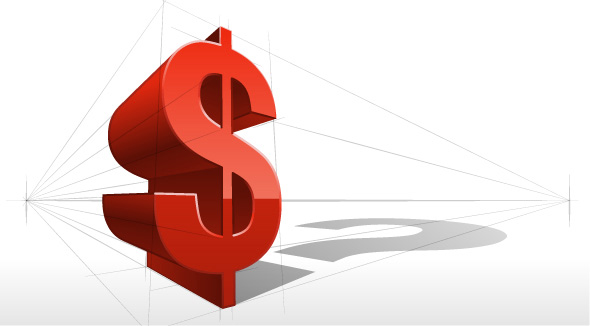
When freelancing as a technical illustrator, deciding what to charge clients can be as delicate and precise an art as technical illustration itself.
Here are three key factors to consider when quoting on a project:
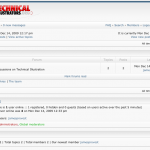 Technical Illustrators.org now has a discussion forum for the discussion of the industry, techniques, resources, tips and to share your work with colleagues for comment and critique.
Technical Illustrators.org now has a discussion forum for the discussion of the industry, techniques, resources, tips and to share your work with colleagues for comment and critique.
For those of you on Flickr, add your work to the official Technical Illustrators.org Flickr Group.
It’ll show up in the fancy widget in our sidebar, and from time to time we’ll feature work posted to the pool on the blog.
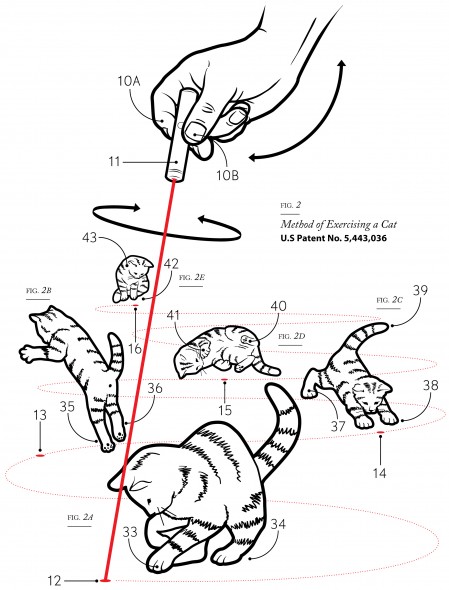
Josh McKible - Method of Exercising a Cat
Tell us about your background?
I’m currently living in a suburb of Tokyo, Japan but I’m originally from Upstate NY, from a town called Newburgh thats about an hour north of NYC. I did my undergraduate studies at SUNY Purchase, I went in for painting, but came out doing sculpture. Mostly mechanical, kinetic kinds of things that tended to break down or explode (sometimes on purpose). I think that’s where my fascination with how things work started. I then went to the School of the Art Institute of Chicago for an MFA. I came out doing sculpture and kept at it for a few years, until I discovered the Mac. That gradually lead me into graphic design, first as a hobby then as a profession. I art directed a few different magazines in NYC for a few years, until I started doing illustration full-time in 2004.
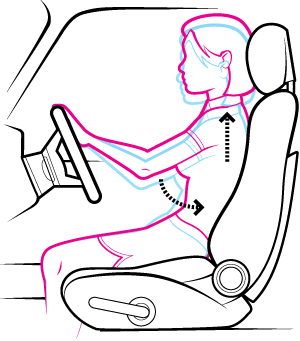
Josh McKible - Car Exercises
Are you a freelancer or in-house?
Full-time freelance, although technically I’m an employee of my own company, MCKIBILLO, INC.
Software of choice?
Adobe Illustrator, plus Pixelmator for sketching and blocking out rough ideas. I’m on a 21.5″ iMac with a second 24″ monitor setup and a Wacom tablet. And SomaFM.org continuously streaming in the background.
Favorite clients/jobs?
The kind where I get to work in the most visually appealing way, “prettiest” for lack of a better word, but where the information is still clearly presented. I love it when a client trusts me enough to push the edges a little. I also like to inject some humor when I can and where it’s appropriate.

Josh McKible - Car Exercises
Any advice for illustrators just starting out?
It’s trite but true… follow your bliss, do what you love. Your style and technique will follow from your interests. I took a pretty winding path to find out what I both enjoy doing and what I’m good at. What that means in practice though is to not do anything half way…. find something and then work at it as hard as you can until you really master it.
Tell us about your Nanibird project? Where did it come from and where has it taken you?
As much as I love pushing vectors all day sometimes I just have to make stuff. And if I can collaborate with other designers, even better. NaniBird is a free papertoy I designed, but that also acts as a platform for other artists to work on. So far it has attracted about 100 submissions. Personally though, it’s been a really great outlet and has allowed me to collaborate on a number of projects that otherwise I never could have. It’s been published in 2 books already, led me to organizing a show of papertoys here in Tokyo, I designed a poster based on it for display in Shibuya station in Tokyo (Shibuya is one of the busiest transit points in the world) and I’ve been invited to submit designs for an upcoming book of Papertoy monsters. And I just recently designed a custom NaniBird for a 40th Anniversary of Woodstock held in San Francisco. It’s led to a lot of very fun and interesting side projects. It’s also just really nice to work in a style and medium so different from my usual work.
Josh McKible aka MCKIBILLO’s work can be found at mckibillo.com, Drawger and Nanibird.com.
httpvhd://www.youtube.com/watch?v=6vOtaUB88XI
Lots to look at in this selection of some of the year’s best 3DS Max and Maya work, as selected by developer Autodesk.